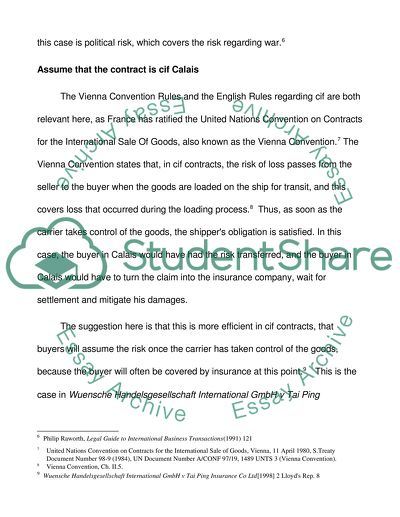Cite this document
(“International trade law Essay Example | Topics and Well Written Essays - 3750 words”, n.d.)
Retrieved from https://studentshare.org/law/1393952-international-trade-law
Retrieved from https://studentshare.org/law/1393952-international-trade-law
(International Trade Law Essay Example | Topics and Well Written Essays - 3750 Words)
https://studentshare.org/law/1393952-international-trade-law.
https://studentshare.org/law/1393952-international-trade-law.
“International Trade Law Essay Example | Topics and Well Written Essays - 3750 Words”, n.d. https://studentshare.org/law/1393952-international-trade-law.


